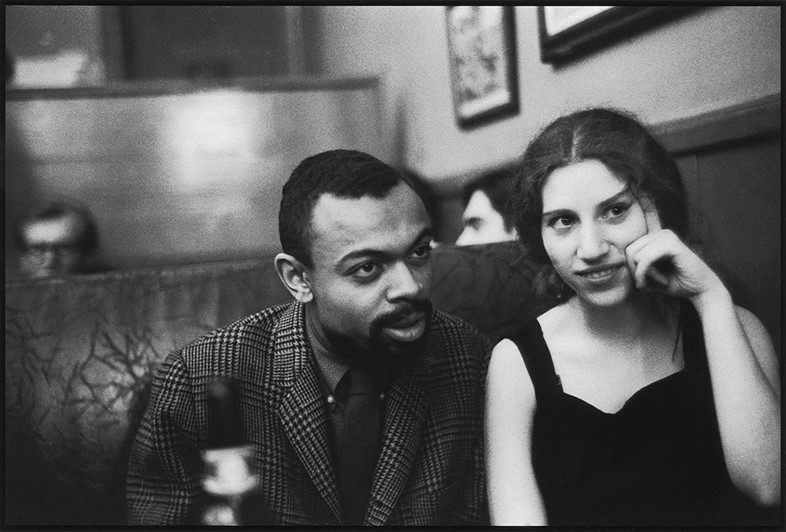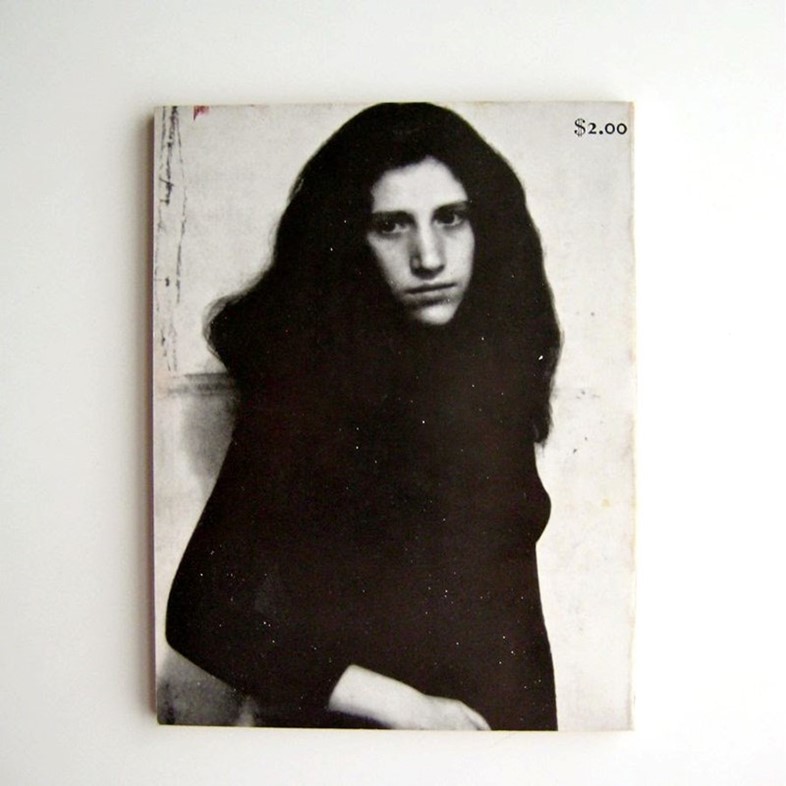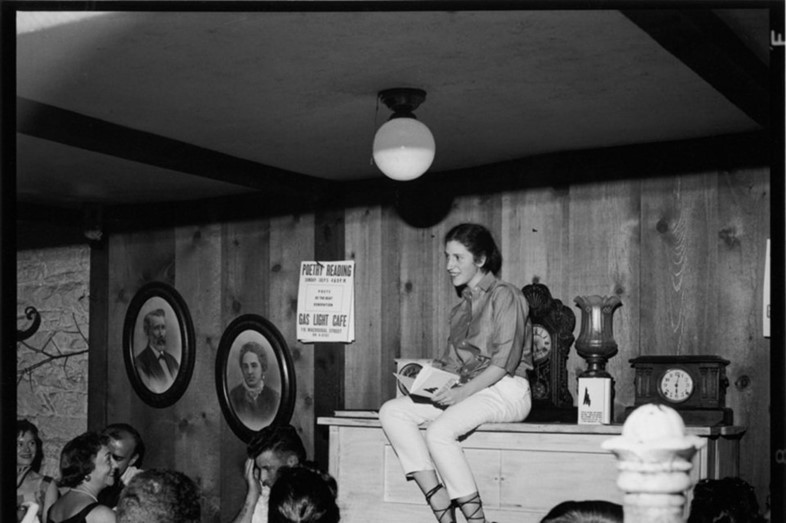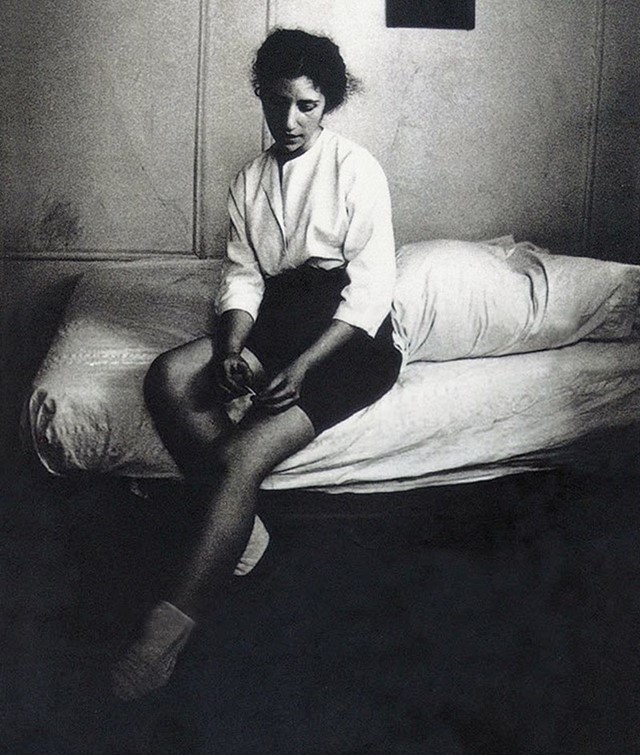On her 81st birthday, we shine a light on the pioneering Beat poet
Who? Diane di Prima is one of the few female writers to have been acknowledged as an integral member of the Beat Generation. Born in Brooklyn, New York in 1934, she was strong-willed and determined from an early age, dropping out of high school to pursue a life as a poet. At the age of nineteen she struck up a correspondance with Ezra Pound, and thereafter visited him regularly in a psychiatric hospital in Washington.
By 1957, she was living in Greenwich Village, where she met Beat pioneers Jack Kerouac and Allen Ginsberg and began participarting in the neighbourhood's blossoming literary scene. She was set on learning from writers she respected – most of whom were men in an age when women were prevented from achieving true artistic freedom. “However great your visioning and your inspiration, you need the techniques of the craft,” she reflected in an interview in the 1980s. “They are passed on person to person, and back then the male naturally passed them on to the male. I think I was one of the first women to break through that.”

What? Indeed, Di Prima's writing grew out of this desire for the creative independence afforded to men, as well as an ambition to express the plight of her own gender. Her epic 1978 poem Loba – dedicated to a wolf goddess – spends over 100 pages exploring what it’s like to be female, moving chronologically through the phases of womanhood, from youth through childbirth and motherhood. In another interview she stated, "I wanted everything – very earnestly and totally – I wanted to have every experience I could have, I wanted everything that was possible to a person in a female body."
One of her most valiant and uncomfortable works is Brass Furnace Going Out (1975), which was penned after she was forced into having an abortion by her partner. It is a difficult piece of discourse on a sensitive matter, but Di Prima had the strength to confront her own feelings and put them into words, with unflinching candidness: "I want you in a bottle to send to your father with a long bitter note. I want him to know I'll not forgive you, or him for not being born..."

Why? Diane di Prima searched for an alternative to creative repression for women in 1950s America, and succeeded in spite of the multiple barriers in her way. It seems that the men of the Beat Generation were only liberal in a way that would benefit them – take for example their rejection of the institute of marriage to gain more freedom, rather than to benefit the women in their lives (whom they still expected to tend for them as wives would). Di Prima, on her part, refused to allow her gender to influence her interactions. Rejecting the role of passive partner, she has always remained independent in her relationships with men.

Di Prima's legacy is impressive. At the age of 81 she has published 41 books (with many more that remain unpublished); has taught at various institutes (including the Jack Kerouac School of Disembodied Poetics at the Naropa Institute) with the aim of inspiring others to follow in her footsteps; has worked as a photographer and a collage artist (and now enjoys watcolour painting); and has set up two publishing houses, The Poet’s Press, and Eidolon Editions, allowing unpublished writers to share their words. Little known to the general public – including many Beat devotees – her life and works should be explored and celebrated alongside those of her peers, and coveted for their unapologetic examination of what it was like to be a female in a frequently hostile and stifling environment.
